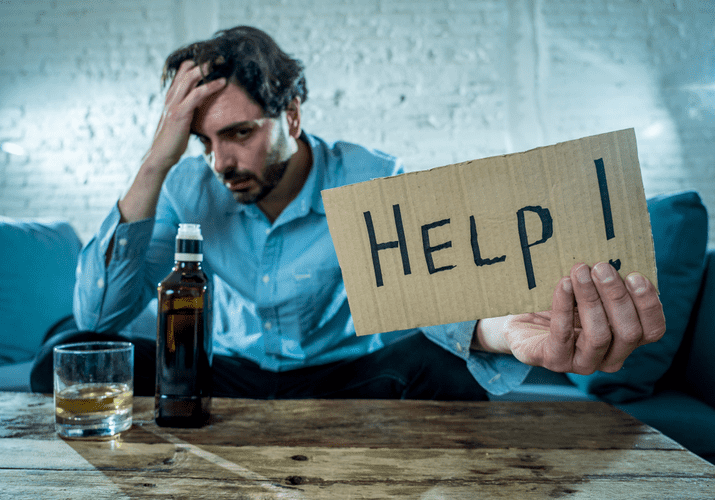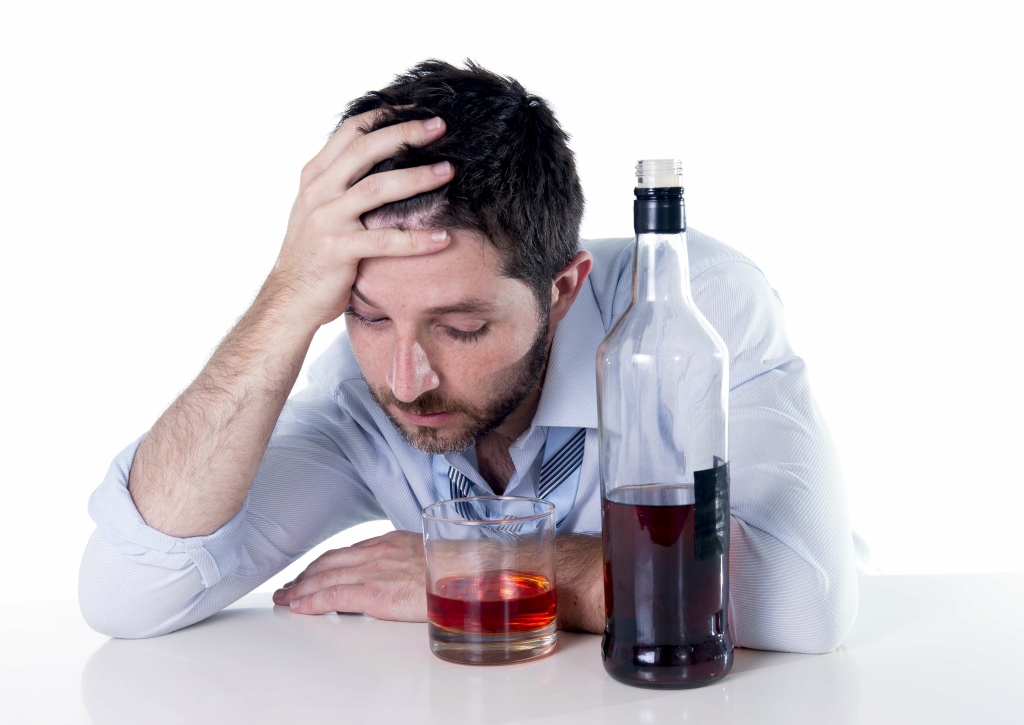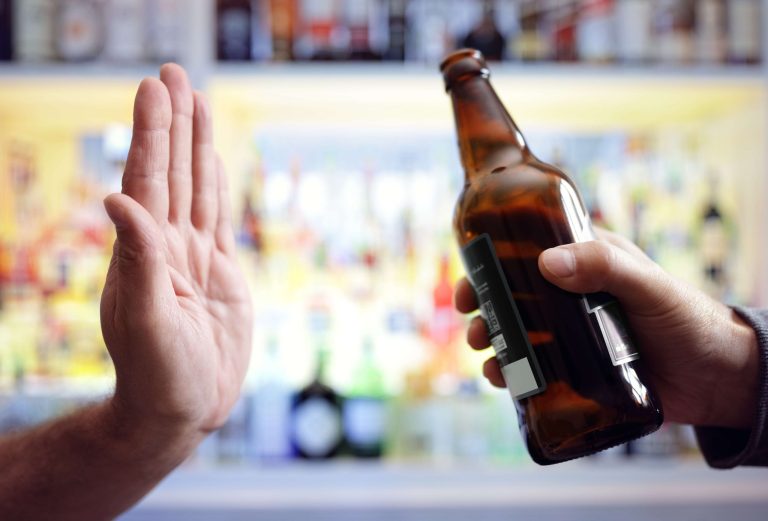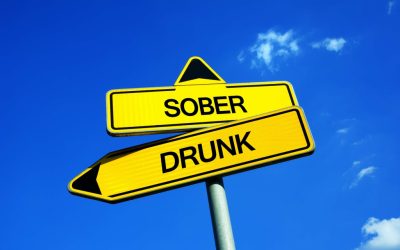Remember that it’s important to connect with a medical professional before you stop drinking to ensure that you can go through each stage safely. Toxicology screening is typically done with a blood or urine sample, and can also indicate if any other substances are in your body. If you’re receiving inpatient treatment, your doctor may perform toxicology screens more than once to monitor your alcohol levels. It’s rare for people going through alcohol withdrawal to experience hallucinations more than 48 hours after their last drink. Alcohol withdrawal symptoms can start as early as two hours after your last drink, but it’s most likely to start between six hours to a day after your last drink, according to guidelines from American Family Physician. When withdrawal symptoms worsen over time after several setbacks, the “kindling effect” is said to be taking place.

Substance Abuse Treatment Programs

Symptoms can range in severity, and it’s essential to have your symptoms evaluated by a medical professional. Still, try to keep in mind that these symptoms — though uncomfortable — are temporary. These symptoms usually begin 48 to 72 hours after you stop drinking and most commonly last 5 to 7 days. Take our free, 5-minute alcohol misuse self-assessment https://michallorenc.com/category/health-food/ below if you think you or someone you love might be struggling with an alcohol use disorder (AUD). The evaluation consists of 11 yes or no questions that are intended to be used as an informational tool to assess the severity and probability of an AUD. The test is free, confidential, and no personal information is needed to receive the result.

Alcohol Withdrawal Syndrome
- Plus, over time you will begin to experience the many benefits of sobriety.
- It can also have the potentially dangerous results of causing a person to lose sense of where they are and what is happening around them, leading to a disconnection from real-life events.
- Some are finally able to get some sleep at day five, whereas others still have problems sleeping.
- Outpatient treatment may be available for mild-to-moderate symptoms of alcohol withdrawal; however, should symptoms become severe, inpatient care may be required.
- If done at home without medical attention, alcohol withdrawal can even be deadly.
- By the end of your first month of sobriety, the benefits of better sleep, improved hydration, spending less and decreased calorie intake will be growing.
When you stop consuming alcohol after prolonged, heavy use, your CNS can’t respond or regulate itself fast enough. It becomes overexcited because there’s no more alcohol to slow it down. Individuals should be prepared to be uncomfortable during this period and have medical help available if needed.
What Factors Impact Withdrawal Severity

That said, there are four general stages of recovery, as compiled by addiction expert Steven M. Melemis, MD. These stages can help prevent relapse and support people to live healthier, fuller lives. Recovery from alcohol addiction generally follows the stages of abstinence, withdrawal, http://ремонтнику.рф/zakaz/erythromycin-cost-topical repair, and growth. This depends on the individual and the results of laboratory tests that their doctor may order. In general, blood work will test serum magnesium, and replacements will occur if indicated. Vitamins such as thiamine and folic acid will need to be supplemented.
The Severities and Timelines of Alcohol Withdrawal Symptoms

“Anxiety, dizzy, no sleep, exhausted. Does anyone ever feel like an electric current sometimes runs through your body? But it’s getting better every day.” “I quit two days ago and have just had the unfortunate experience of a seizure, as well as many visual and tactile hallucinations. Massive sweats and tremors.” “Most of my withdrawal symptoms are gone, but I still have sharp pains in my head, can’t sleep, and http://tekst-pesni.ru/index.php?name=engsongtext&op=view&id=419475 get night sweats.” Excessive alcohol consumption can cause the brain and body to become dependent on alcohol. Fortunately, reducing your alcohol use can help improve your sleep over time, although you might experience more sleep disturbances for some time after you quit. “Furthermore, consistent use of alcohol to induce sleep only increases the need to use alcohol in the future to get to sleep,” he explains.
- This can lead to withdrawal symptoms, including anxiety, tremors, sweating, and nausea.
- Alcohol withdrawal symptoms happen when a person stops drinking alcohol after frequent or heavy use.
- A healthcare provider will also run tests to rule out other medical conditions that have similar symptoms of alcohol withdrawal or occur alongside withdrawal.
- A day and a half after quitting alcohol, withdrawal symptoms will intensify.
- It’s important to get medical help even if you have mild symptoms of withdrawal, as it’s difficult to predict in the beginning how much worse the symptoms could get.
- It’s vital you speak with your treatment team before you stop drinking so that potentially dangerous symptoms can be avoided.
“Last night was horrible. I was soaking wet with sweat, I jumped a few times in my sleep, and I had very vivid dreams.” “Thankfully, I’m able to sleep, and the shakes come and go, but the anxiety and the dark places are tough.” “Shaking so bad I can hardly type, can barely stand up, can’t eat or sleep. Might be time for a trip to the ER.” Seeking help for addiction may seem daunting and possibly even scary, but there are several organizations that can provide you with support. Both the World Health Organization (WHO) and the Canadian Centre on Substance Use and Addiction have determined that there is not safe amount of alcohol. One of the financial benefits of giving up alcohol is that you’ll likely have more money to spend.
- Drinking alcohol can contribute to a variety of cognitive issues, including poor memory, slow reaction time, impaired impulse control, and poor concentration.
- AWS is often accompanied by intense cravings to drink and may affect your emotional, cognitive, and physical well-being.
- It does this by reducing the excitatory portion of the CNS called the glutamate receptors while increasing the inhibitory portion called the gamma-aminobutyric acid receptors.
- Alcohol dependence or alcohol use disorder can ruin a person’s life, and yet many continue to abuse the drug knowingly to avoid alcohol withdrawal.
- If you already have alcohol use disorder, it’s important to seek counseling and medical care as soon as possible.
- When withdrawal symptoms worsen over time after several setbacks, the “kindling effect” is said to be taking place.
- Addiction, tolerance and physical dependence encourage people to drink more alcohol over time, not less.
- Alcohol withdrawal begins when someone who is physically dependent on alcohol stops drinking it abruptly or significantly reduces their consumption.
- “Tried again today, but it was severe this time—bad shaking, sweating, rapid heartbeat. Instead of going to the hospital or doctor, I tried to wean and reduce for a few days.”
Combining therapy with support groups can greatly improve your odds of success. During this period, you can expect to develop new skills you may have never learned that made you more susceptible to AUD in the first place. If you’re ready to make a positive change, here’s what you may want to know about the recovery process. Their job is to make sure that if you develop any worsening of symptoms, they get you to a hospital or call 911 immediately. If you need help finding a primary care doctor, then check out our FindCare tool here.
